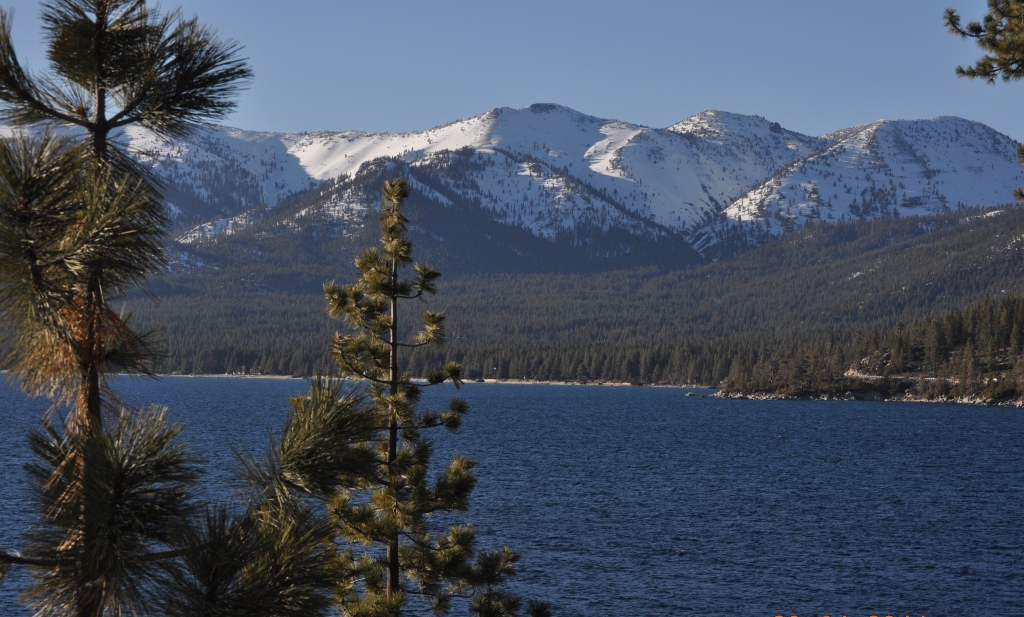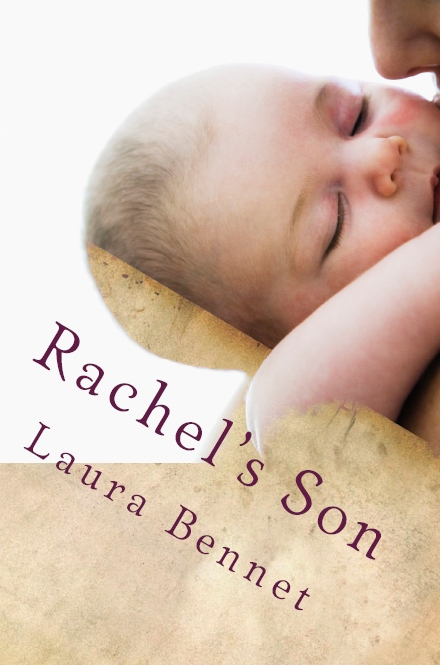This is Our God!
Passover starts today.
And it seems that the enemy (aka. Satan, Father of lies, Lucifer, the devil) is pulling out all the stops in a desperate attempt to assert his rebellion against God and every believer in these last days. I don’t know how long the “last days” will last (okay, pun intended), but the increase in spiritual warfare and corresponding revival is obvious.
Riots breaking out at “higher” educational (using that term very loosely) institutions like Columbia and Yale are a clear indication of the terrorism rocking the world—and yes, even blatantly here in the USA.
It makes me cry. Literally.
It may be coincidence, something I ate, or the barometric pressure, but I spent a sleepless night with a migraine, dozing on and off to clean, cheesy romance movies. (The best for catching parts in between sporadic sleep without really missing a thing regarding the plot.)
As a result, I face this Monday, typically filled with excitement for a new week, with exhausted introspection and a sense of hopelessness in my physical state. So much to do, and no energy nor brain power to accomplish most tasks.
So, I’m reflecting on Passover and what it might have felt like for those Israelites who had been held captive as slaves for over four hundred years in a pagan culture that not only did not recognize their God, but adamantly opposed him and sought magicians to mimic the miracles he did through Moses.
Until they could no longer imitate the power of Yahweh.
If you don’t know the history of Moses and his reluctant leading the Hebrew people out of Egypt, here’s the overview: Moses asked Pharoah to let his people go and through numerous plagues, Pharoah said no. The final plague sent because of his hard-hearted refusal to release the captives, was that God would strike dead every firstborn, male person and animal. To protect the Israelites, he told them to sacrifice a lamb and put its blood over their doors so that the spirit of death would pass over their homes. (You can read the entire story in the book of Exodus chapters 1-15.)
By the way, that was a foreshadowing of Jesus, the Lamb of God, who would later shed his blood for us to cover our sin and conquer death. (FYI in case you weren’t aware.)
Back to the point.
I thought about how those Hebrew slaves might have felt, after living in captivity in a culture that worshiped idols and false gods. I’m certain that some of their history must have been passed down by those who solidly believed in Yahweh, but four hundred years is a long time to hold onto beliefs in the face of constant opposition from society.
Ring a bell, America? (1620 Plymouth…2020…) Just a thought.
Again, I regress.
I can imagine them cowering in their homes, hoping that when death moved through the streets, their obedience to crazy instructions from God through Moses to paint blood over their doorways would turn out to be true. Huddled together, they had no choice but to trust that Yahweh would protect and free them.
Today, as Passover begins, there are those cowering in fear in Israel and surrounding areas because of terror and captivity. There are also people in captivity all over the world—many in devastating or dire circumstances, and others in captivity to addiction, sin, mental delusions, or lesser, but still stressful situations.
Some of us know that the blood of Jesus saves us when we put our trust in him. Others may not know that or don’t want to believe it.
But just as God rescued his people then, and gave a foreshadowing of his rescue for all people to come, his word is true.
I know this. I’ve lived it. I’ve seen it. God loves us and is faithful.
So today as Passover commences, in spite of my own personal challenges that seem pretty minor compared to many, I proclaim:
THIS IS OUR GOD!
This is what he does for those who put their trust in him. Those who take a tiny step of faith, even while cowering in fear and uncertainty, and respond to that love.
Hope. Healing. Redemption.
Jesus.
He is the way, the truth, and the life. Our rescue, our hope, our freedom is found in him.
Today, let us celebrate as they did in Exodus 15:2.
“The Lord is my strength and my defense;
he has become my salvation.
He is my God, and I will praise him,
my father’s God, and I will exalt him.”
And also continue to pray for those in captivity.
Human trafficking is one type of captivity. If you aren’t aware of the ramifications of it, you might find my novel, Dangerous Ground, helpful. Sometimes, reading a fictional story is an easier way to learn about horrific subjects.
Can the trauma of her past save someone’s future?
Sierra Jane Hart, a Southwest Florida nature guide, witnesses a random murder in the woods. She flees the scene and manages to evade the perpetrators. But when she tries to put the incident behind her, a man attacks her and two young girls go missing. Is there a connection?
Detective Dan Bentley seems to think so.
In their search to uncover the truth, Dan and Sierra are forced to deal with their pasts, and the hunt for the elusive criminals and their captives becomes personal. Will they find the endangered girls before it’s too late?



